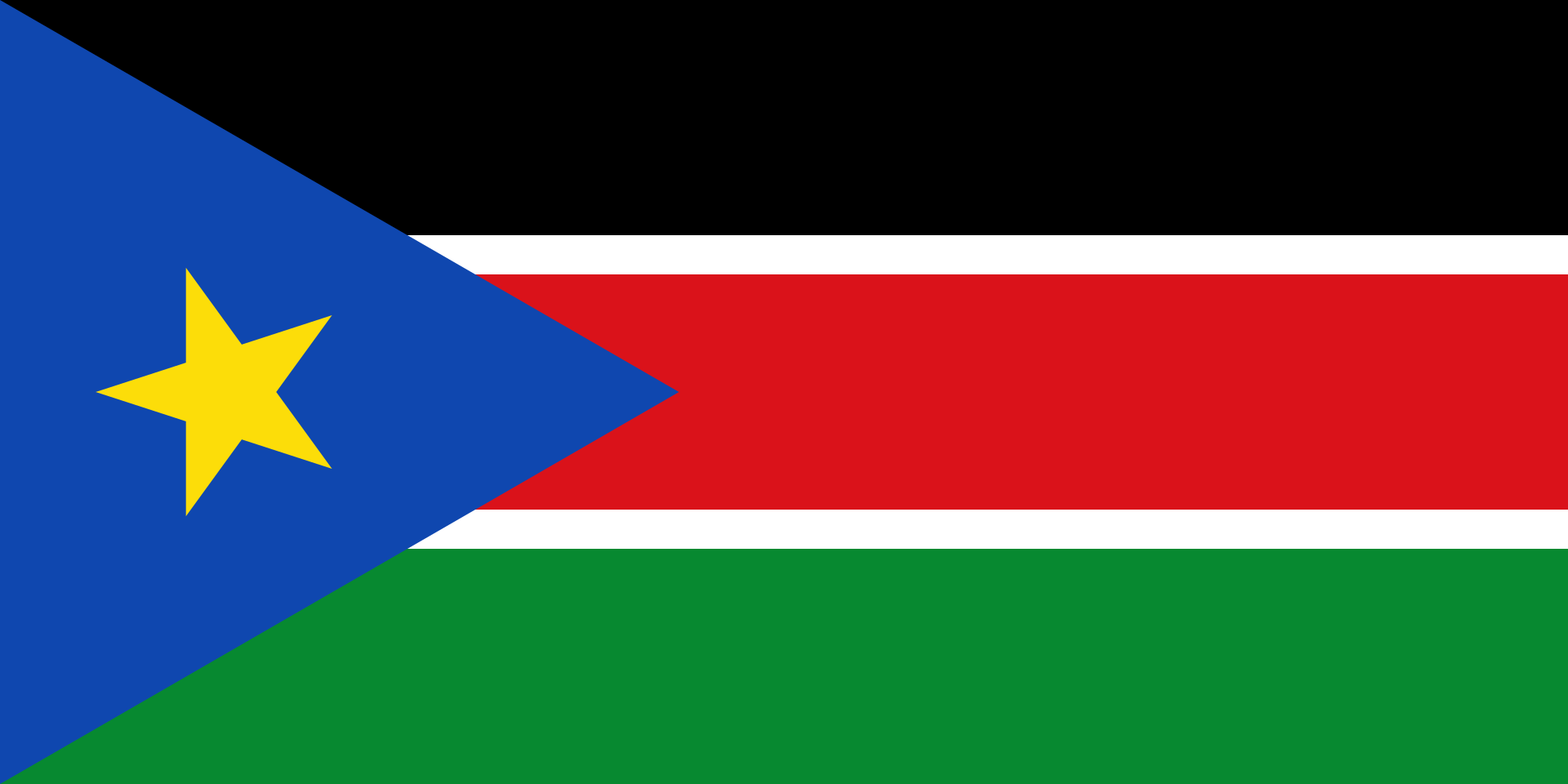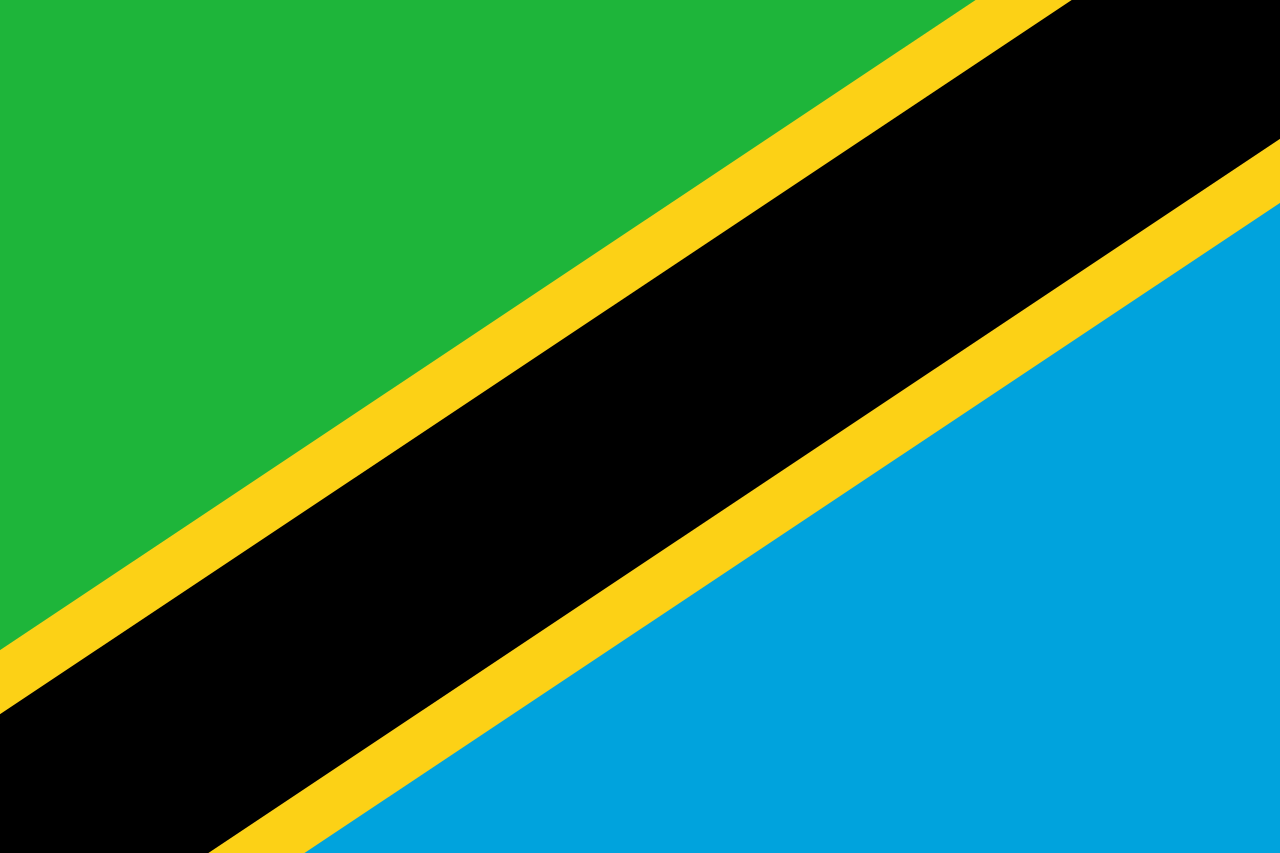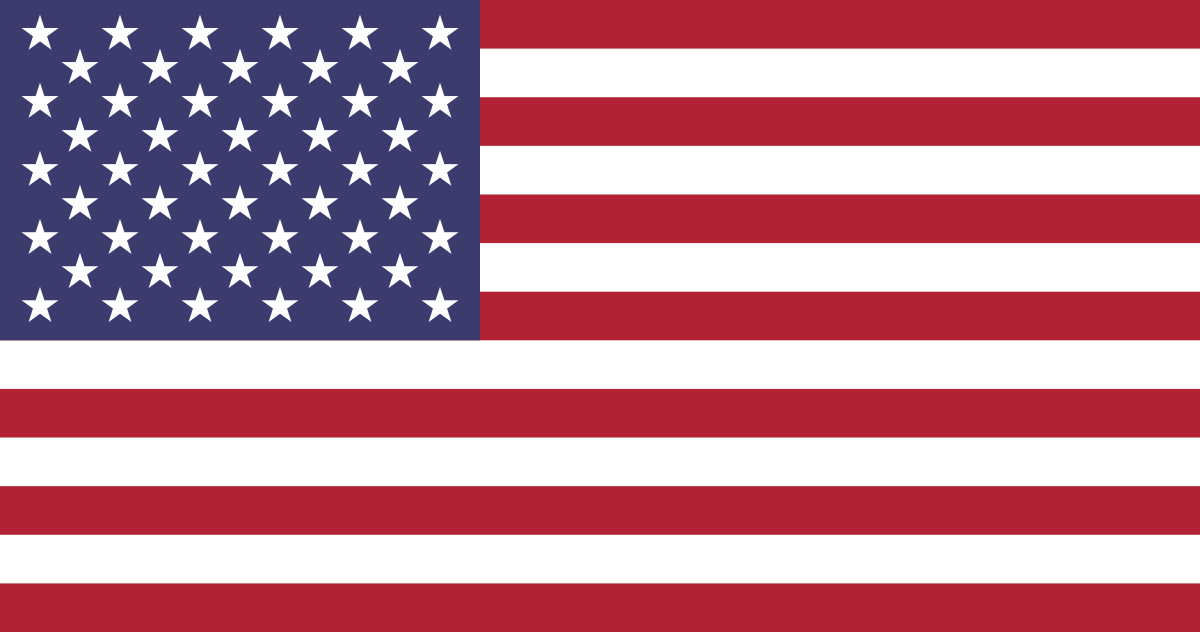Members of South Sudan's government committed human rights violations "amounting to war crimes" in the country's southwest, the UN said Friday, urging investigations against dozens of individuals, including for abuses against children, AFP reports.
The world's newest nation has suffered from chronic instability since independence in 2011, with the UN warning last month that it risked a return to war as interethnic violence and political infighting threaten an already fragile peace process.
At least 440 civilians were killed in brutal fighting between rival militias in the country's southwest between June and September last year, a joint report by the United Nations Mission in South Sudan (UNMISS) and the UN Human Rights Office said earlier this month.
That report blamed forces loyal to President Salva Kiir and rival troops under Vice President Riek Machar, as well as "their respective affiliated militias", for the violence.
On Friday, the UN Commission on Human Rights in South Sudan released a new report, saying it had "reasonable grounds to believe that members of the Government of South Sudan have engaged in acts... amounting to war crimes" in the southwestern districts of Central Equatoria and Western Equatoria.
The commission has "drawn up a list of 142 individuals who warrant investigation for a range of crimes under national and international law," its chair Yasmin Sooka told the UN Human Rights Council in Geneva in a statement.
The report described grave rights abuses, ranging from mass rapes and sexual slavery of women to the deliberate killing of scores of children, including at least one infant who was beaten to death by soldiers in front of his mother.
"The notion that the localized violence is not linked to the State or to national-level conflicts, as suggested by the Government and South Sudanese military elites, is a fallacy," Sooka said.
"These localized killings, massacres, torture, abductions, detentions, looting, burning of villages and forced displacement as well as the rape, and sexual violence are a reflection of the intense political contestation for power... at a national level."
Refugee crisis
South Sudan has struggled to draw a line under years of violence after a civil war between forces loyal to Kiir and Machar that cost almost 400,000 lives ended with a peace deal in 2018.
The two men formed a unity government two years ago, but the peace process has been hamstrung by political bickering, with key provisions yet to be implemented.
The failure to form a unified armed forces command -- a key component of the peace deal -- has created an environment in which violence remains rife, according to the UN.
Over the years more than two million South Sudanese have fled their country in search of safety, creating Africa's largest refugee crisis.
On Friday, the UN refugee agency UNHCR appealed for $1.2 billion (1.09 billion euros) to deliver humanitarian aid and protection to around 2.3 million South Sudanese living in the Democratic Republic of Congo, Ethiopia, Kenya, Sudan, and Uganda.
"Two out of three South Sudanese refugees (are) under the age of 18," UNHCR said, warning that the crisis was severely underfunded, receiving only 21 percent of the cash it requested last year.
The UN has repeatedly criticized South Sudan's leadership for its role in stoking violence, cracking down on political freedoms, and plundering public coffers.
Meanwhile, the country has lurched from crisis to crisis, battling flooding and hunger, with 8.3 million people, around 70 percent of the population, requiring humanitarian aid last year, the UN said.
The world's newest nation has suffered from chronic instability since independence in 2011, with the UN warning last month that it risked a return to war as interethnic violence and political infighting threaten an already fragile peace process. - Radio Tamazuj








